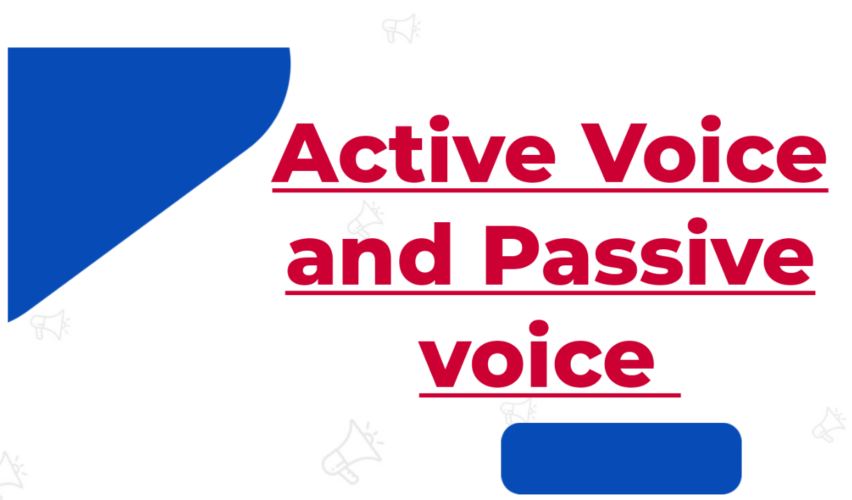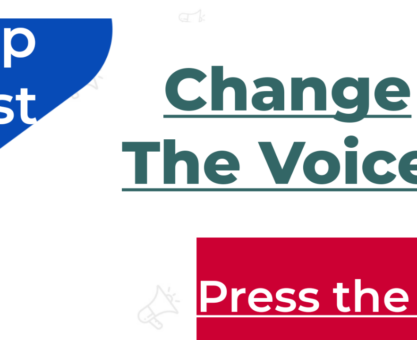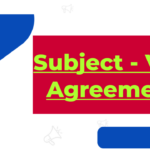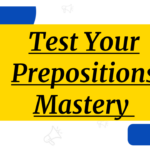The following table shows the examples of the Active Voice and Passive Voice.
Active Voice | Passive Voice |
Simple Present Tense 1. He writes a poem. |
1. A poem is written by him. |
2. He writes poems. | 2. Poems are written by him. |
3. He does not write a poem. | 3. A poem is not written by him. |
4. He does not write poems. | 4. Poems are not written by him. |
5. Does he write a poem? | 5. Is a poem written by him? |
6. Does he write poems? | 6. Are poems written by him? |
Simple Past Tense 7. He wrote a poem. |
7. A poem was written by him. |
8. He wrote poems. | 8. Poems were written by him. |
9. He did not write a poem. | 9. A poem was not written by him. |
10. He did not write poems. | 10. Poems were not written by him. |
11. Did he write a poem? | 11. Was a poem written by him? |
12. Did he write poems? | 12. Were letters written by him? |
Simple Future Tense 13. He will write a poem. |
13. A poem will be written by him. |
14. He will write poems. | 14. Poems will be written by him. |
15. He will not write a poem. | 15. A poem will not be written by him. |
16. He will not write letters. | 16. Poems will not be written by him. |
17. Will he write a poems? | 17. Will a poem be written by him? |
18. Will he write poems? | 18. Will poems be written by him? |
Present Continuous Tense 19. He is writing a poem. |
19. A poem is being written by him. |
20. He is writing poems. | 20. Poems are being written by him. |
21. He is not writing a poem. | 21. A poem is not being written by him. |
22. He is not writing poems. | 22. Poems are not being written by him? |
23. Is he writing a poem? | 23. Is a poem being written by him? |
24. Is he writing poems? | 24. Are poems being written by him? |
Past Continuous Tense 25. He was writing a poem. |
25. A poem was being written by him. |
26. He was writing poems. | 26. Poems were being written by him. |
27. He was not writing a poem. | 27. A poem was not being written by him. |
28. He was not writing poems. | 28. Poems were not being written by him. |
29. Was he writing a poem? | 29. Was a poem being written by him? |
30. Was he writing poems? | 30. Were poems being written by him? |
Present Perfect Tense 31. He has written a poem. |
31. A poem has been written by him. |
32. He has written poems. | 32. Poems have been written by him. |
33. He has not written a poem. | 33. A poem has not been written by him. |
34. He has not written poems. | 34. Poems have not been written by him. |
35. Has he written a poem? | 35. Has a poem been written by him? |
36. Has he written poems? | 36. Have poems been written by him? |
Past Perfect Tense 37. He had written a poem. |
37. A poem had been written by him. |
38. He had written poems. | 38. Poems had been written by him. |
39. He had not written a poem. | 39. A poem had not been written by him. |
40. He had not written poems. | 40. Poems had not been written by him. |
41. Had he written a poem? | 41. Had a poem been written by him? |
42. Had he written poems? | 42. Had poems been written by him? |
Future Perfect Tense 43. He will have written a poem. |
43. A poem will have been written by him. |
44. He will have written poems. | 44. Poems will have been written by him. |
45. He will not have written a poem. | 45. A poem will not have been written by him. |
46. He will not have written poems. | 46. Poems will not have been written by him. |
47. Will he have written a poem? | 47. Will a poem have been written by him? |
48. Will he have written poems? | 48. Will poems have been written by him? |
49. He should write it. | 49. It should be written by him. |
50. He can’t write it. | 50. It can’t be written by him. |
51. He must write it. | 51. It must be written by him. |
52. He should have written it. | 52. It should have been written by him. |
53. He needn’t write it. | 53. It needn’t be written by him. |
54. He ought to write it. | 54. It ought to be written by him. |
Imperative: 55. Write a poem. |
55. Let a poem be written. |
56. Let him write a poem. | 56. Let a poem be written by him. |
57. Do not make the mistake. | 57. Let not the mistake be made. |
58. Enter by this door. | 58. You are requested to enter by this door. |
59. Be quiet. | 59. You are ordered to be quiet. |
60. Put out the light. | 60. Let the light be put out. |
Interrogative: 61. Who wrote it? |
61. By whom was it written? |
62. When will you write it? | 62. When will it be written by you? |
63. Why should you suspect me? | 63. Why should I be suspected by you? |
64. Where was he writing it? | 64. Where was it being written by him? |
65. Which novel did he buy? | 65. Which novel was bought by him? |
66. Where does he keep his novel? | 66. Where are his novels kept by him? |
67. Why did he write a novel? | 67. Why was a novel written by him? |
68. When did he send the novel? | 68. When was the novel sent by him? |
69. What can she do? | 69. What can be done by her? |
70. What are you writing? | 70. What is being written by you? |










